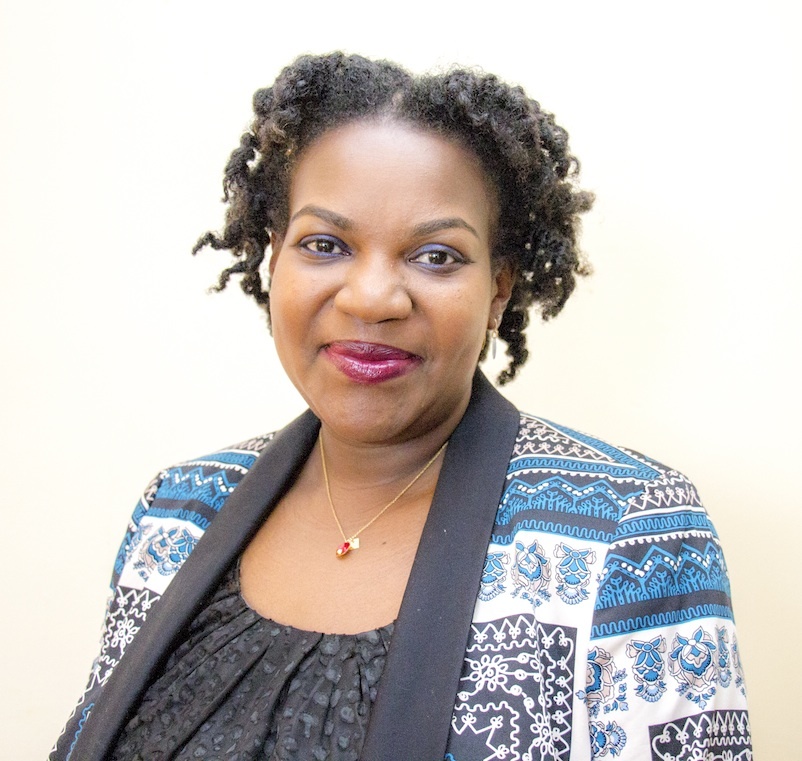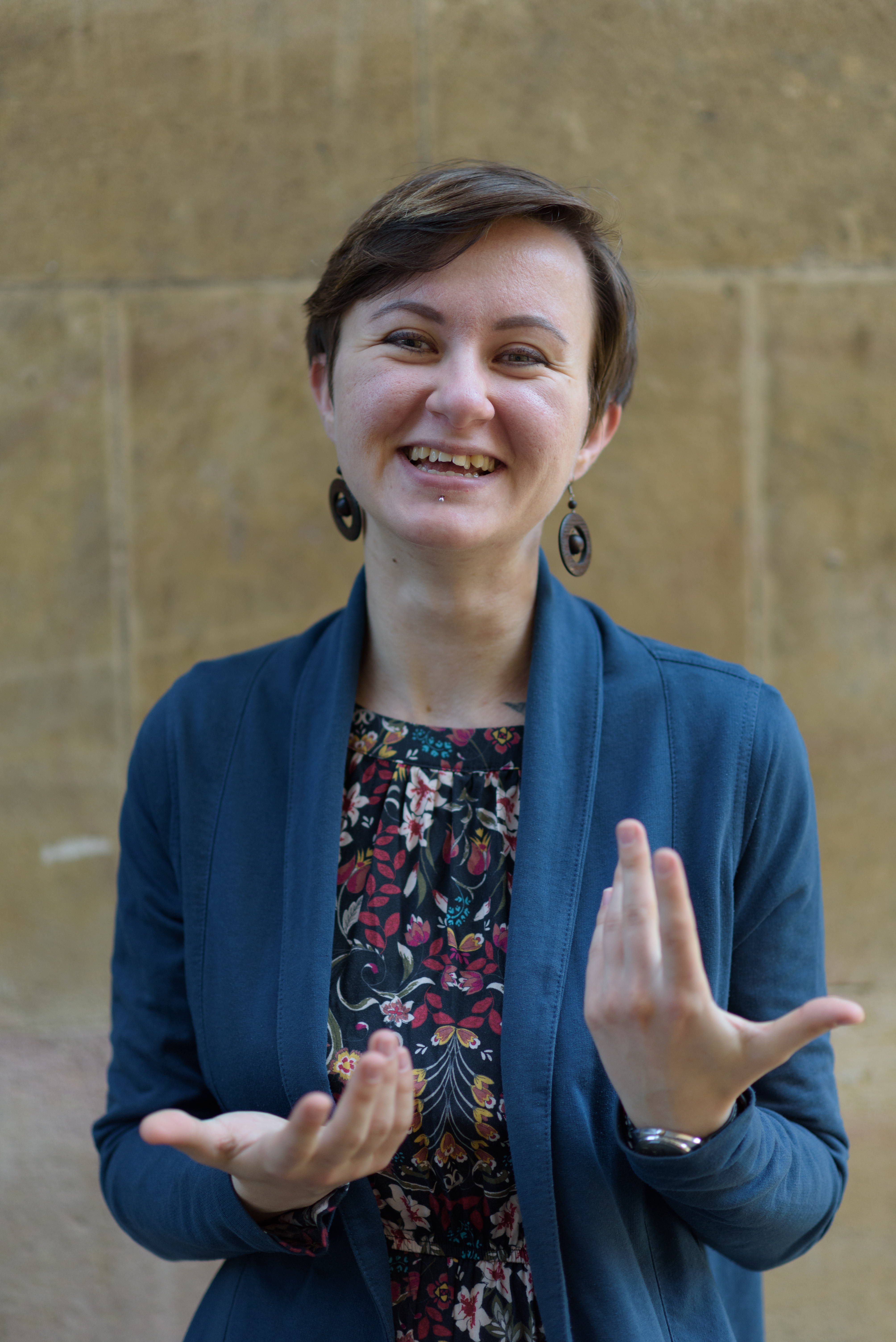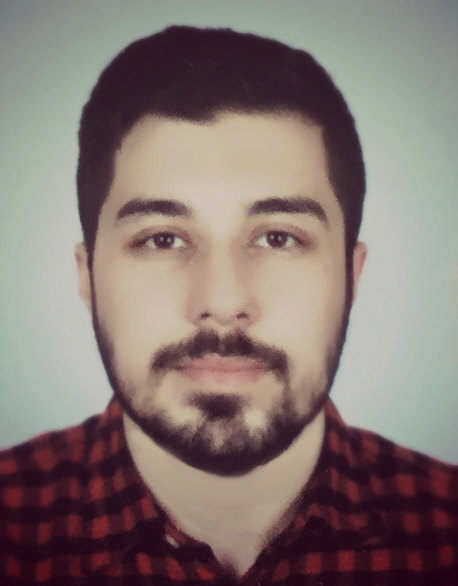
Fifty-five Scholars selected after international interviews to join class of 90.
The Scholars are truly remarkable and inspiring individuals and showed at interview that they fit the mission of the Scholarship by their commitment to using their academic skills and leadership capacity to improve the lives of others.
Professor Barry Everitt, Provost
Fifty-five of the most academically exceptional and socially committed people from across the globe have been selected as Gates Cambridge Scholars after interviews in Cambridge in March.
The Scholars will join the 35 US Scholars selected in late January to form the class of 2016, all of whom will take up the most prestigious international postgraduate scholarship at the University of Cambridge this October.
The 55 new Scholars come from 30 countries – ranging from Colombia to Australia and Denmark to Sudan – and include the first ever Scholar from Rwanda. They represent 68 universities – 18 of which have produced their first Gates Cambridge Scholar – and at Cambridge will study in 39 University Departments and be members of 24 Colleges. Forty-one will pursue a PhD and 14 a one-year MPhil. Women outnumber men by a ratio of 36 to 19.
The Gates Cambridge Scholarship aims to identify and select applicants who are academically outstanding and are likely to be transformative leaders for the benefit of others in all fields of endeavour.
Competition for the Scholarships is fierce. The successful candidates were selected from a total pool of 3,730 applicants on the basis of their intellectual ability, commitment to improving the lives of others, leadership potential and academic fit with Cambridge. Departments in Cambridge nominated 242 candidates for the Scholarships and, of these, 101 were interviewed in Cambridge in late March (in person or by Skype) by four panels of interviewers drawn from across the University.
The new Scholars include several who have overcome a background of war and violence to become high achievers in their academic studies and service to others:
· Alice Musabende will become the first Gates Cambridge Scholar from Rwanda. She will pursue a PhD in Politics and International Studies. She is currently completing a Masters in International Development at Dalhousie University in Canada. Musabende, a journalist who survived the 1994 genocide in her country in which her family died, will study the concept of sovereignty as the point of interaction between domestic and international actors in relation to peacebuilding interventions in Burundi. She has extensive experience of NGO work and was part of a Canadian-funded programme to provide academic training to young Rwandans.
· Sivapalan Chelvaniththilan will do a PhD in Physics, focusing on the mechanisms of activation and silencing of genes in DNA. His family was displaced 18 times during the civil war in Sri Lanka and he taught himself maths and physics, winning a silver medal in the International Physics Olympiad. He was the highest-scoring student in the Physics Aptitude test for Oxford where he won a first.
· Iryna Shuvalova will pursue a PhD in Slavonic Studies, focusing on the depictions of armed conflict and its aftermath (particularly conflict-inflicted trauma) in Ukrainian oral and written poetry traditions. She has published three award-winning poetry collections in Ukraine and, in the face of threats and physical attacks from ultra-right organisations, co-edited the first anthology of LGBTQ literature in Ukrainian, coordinating a team of 40+ writers, translators and academics from 15 countries.
Other successful candidates include a psychology student focusing on cognitive susceptibility to radicalisation and an imam who does stand-up comedy:
· Leor Zmigrod will do a PhD in Psychology. She grew up in the USA, Europe and the Middle East. She says her background made her “intimately aware that radicalisation can emerge on all sides of conflict and so is not merely a product of a particular ideology or demographic”. By combining cognitive neuroscience and experimental psychology to study the psychological processes that underlie radicalisation to an ideology or group, her PhD will aim to address the gap in our understanding of the cognitive susceptibilities to internalising a doctrine and a willingness to harm and self-sacrifice for an ideological cause. She says: “Through this research, I hope to bring a fresh perspective to questions which have been traditionally only dealt with in the social and political sciences and thereby to shape interventional and educational programmes aimed at identifying vulnerabilities to radicalisation.”
· Mohammad Shomali will do a PhD in Asian and Middle Eastern Studies which will explore ways in which the rights of non-Muslims and Jews are considered and recognised by Shia jurists. He aims to illuminate the principles of human rights that are inherent in Islam and to connect them to current questions. Shomali is an imam who has studied and taught theology, philosophy and Islamic jurisprudence in Iranian seminaries for nine years as well as in Africa. Discovering that one of his students was a member of the Boko Haram extremist group, he began organising workshops to educate young people and prevent them succumbing to radical misinterpretations of Islam, persuading many of the participants to leave Boko Haram. He also performs stand-up comedy with the Cambridge Footlights.
Professor Barry Everitt, Provost (CEO) of the Gates Cambridge Trust, said: "We are delighted to have awarded Gates Cambridge Scholarships to 55 outstanding individuals from such a wide spread of countries and backgrounds. The Scholars are truly remarkable and inspiring individuals and showed at interview that they fit the mission of the Scholarship by their commitment to using their academic skills and leadership capacity to improve the lives of others. We look forward to welcoming all 90 new Scholars to Cambridge in October and to seeing their future impact as Gates Cambridge Alumni."
Biographies of all 90 Scholars are available from the New Scholars page.

Alice Musabende
- Alumni
- Rwanda
- 2016 PhD Politics & International Stud
- Murray Edwards College (New Hall)
I was born and raised in Rwanda, and when I was 14 years old my family was killed during the Rwandan genocide against the Tutsis of 1994. Although I was too young to understand its roots, this tragedy would forever shatter my life and shape the person I would become. I graduated from Rwanda’s first School of Journalism and I hold a Master’s in Journalism from Carleton University. I have worked as a journalist in Canada’s major news organizations. I am currently completing a Master’s in International Development Studies from Dalhousie University and have previously worked as an international development worker in Rwanda. At Cambridge, I will be researching further the dynamics of peacebuilding in the context of post-conflict countries in the Great Lakes of Africa, by investigating ways through which international organizations navigate the normative crosscurrents that come with peacebuilding. Centered around the issues of democratization and democratic recognition, this research seeks to explore how international actors respond to post-conflict countries when they express a strong wish to articulate the agenda, the levers they have as well as ways in which they use them. Ultimately, I seek to contribute my perspectives as an African scholar to a better understanding of peacebuilding on the continent and in the world.
Previous Education
Carleton University
Université Nationale du Rwanda
Dalhousie University
Sivapalan Chelvaniththilan
- Alumni
- Sri Lanka
- 2016 MPhil Physics
- Churchill College
I was born in Jaffna, Sri Lanka during the peak of the war. My parents had lost their house to aerial bombing two years before I was born and three weeks after their wedding. After I was born, we were displaced five times. Between 2001 and 2005, I studied in New Delhi where my mother went to do a PhD and hence missed most part of the peaceful time when a ceasefire was held. The fighting started again in 2005 and continued until 2009. In 2009, transport between Jaffna and Colombo, the capital city, became possible. I used this opportunity to sit for the London AL examinations and was fortunate to win a Reach Oxford scholarship.At Oxford I was able to learn about research in different areas of Physics by participating in small research projects supervised by my tutors. In particular, I became interested in computational biophysics and I am currently working on a project on the molecular dynamics of proteins for my undergraduate degree. At Cambridge, I will be using the same techniques to study the mechanisms of activation and silencing of genes in DNA.
Previous Education
University of Oxford

Iryna Shuvalova
- Alumni
- Ukraine
- 2016 PhD Slavonic Studies
- St John's College
Born in 1986 in Kyiv, Ukraine, Iryna Shuvalova has authored five award-winning books of poetry, including Pray to the Empty Wells (Lost Horse Press, 2019). Her most recent and fifth book of poetry Stoneorchardwoods (2020) has been named book of the year by Ukraine’s LitAktsent Prize for Literature and received the Special Prize of the Lviv UNESCO City of Literature Book Award. In 2009, she co-edited 120 Pages of ‘Sodom,’ the first anthology of queer writing in Ukraine. Her poetry has been translated into 25 languages and published internationally, including in Modern Poetry in Translation, The White Review, Literary Hub, Die Zeit, and others. She is a member of PEN Ukraine.
Shuvalova's work as a translator includes translations into Ukrainian of novels by Yann Martel and Virginia Woolf, as well as poems by Ted Hughes, Louise Glück, and Alice Oswald. She has also translated into English the writing of modern and contemporary Ukrainian poets, including Lesia Ukrainka, Mykola Bazhan, Iurii Klen, Mykola Zerov, Ostap Slyvynskyi, and others. Her translations appeared in Words Without Borders, Modern Poetry in Translation, and Ambit, as well as multiple anthologies.
Shuvalova's research interests lie at the intersection of culture and politics in Eastern Europe. Her forthcoming academic monograph 'Donbas Is My Sparta': Identity and Belonging in the Songs of the Russo-Ukrainian War explores the impact of the war on Ukrainian society. She holds a PhD in Slavonic Studies from the University of Cambridge and an MA in Comparative Literature from Dartmouth College, where she was a Fulbright scholar. In the summer of 2023, she will be joining the University of Oslo as a postdoctoral research fellow.
Previous Education
Taras Shevchenko National University of Kyiv
Dartmouth College
Links
https://irynashuvalova.com
https://cambridge.academia.edu/IrynaShuvalova
https://ua.linkedin.com/in/shuvalova
Leor Zmigrod
- Alumni
- Netherlands
- 2016 PhD Psychology
- Downing College
A critical question that permeates history and the media of today is how and why people become radicalized. Radicalization can emerge on all sides of conflict and so is not merely a product of a particular ideology or demographic. By combining cognitive neuroscience and experimental psychology to study the psychological processes that underlie radicalization to an ideology or group, my PhD sought to address the gap in our understanding of the cognitive susceptibilities to internalizing a doctrine and becoming willing to harm and self-sacrifice for an ideological cause. Through this research, I hoped to bring a fresh perspective to questions which have been traditionally only dealt with in the social and political sciences, and thereby to shape interventional and educational programs aimed at identifying vulnerabilities to radicalization.
Links
https://www.leorzmigrod.com
https://www.linkedin.com/in/leor-zmigrod

Mohammad Javad Shomali
- Alumni
- Iran, Islamic Republic of
- 2016 PhD Asian & Middle Eastern Studies
- King's College
Having studied and taught in the Islamic Seminaries of Iran for almost a decade, I then joined the University of Cambridge, where I completed an MPhil and PhD. in Middle Eastern studies.
I developed a strong interest for mental health and psychology and this interest brought me back to the University of Cambridge a year after the completion of my PhD. Right now I am training as studying Psychotherapy at the faculty of education.
The main focus of my research right now is the intersection between psychotherapy and spiritual development.
Previous Education
Qom Theological Centre
University of Cambridge












